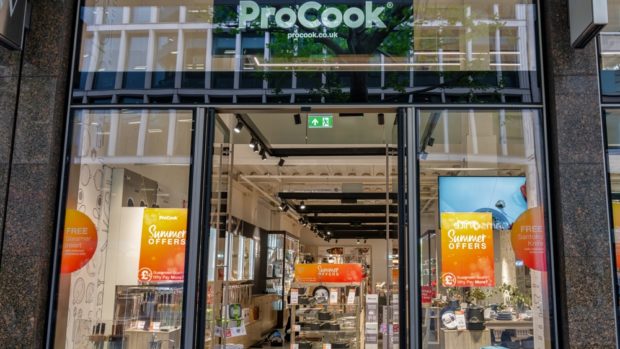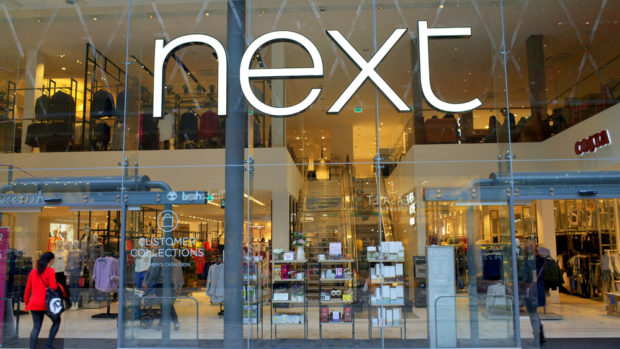Eight months have passed since the UK began its first COVID-19 lockdown, closing all but the most essential of retailers and imposing limits to in-store operations for those businesses that were able to keep their physical locations open.
Having now gone through a lockdown, re-opening and now a return to lockdown, companies are well-positioned to look back on their initial response, understand the pandemic’s broader impact on their operations and customer relationships, and decide whether the changes they made will become permanent.
To that end, we worked with independent research company, YouGov, to survey senior decision-makers across Great Britain about the changes their businesses made in response to COVID-19 and find out what they plan to do next. In addition to these 1,000 decision-makers from a range of industries, we also asked 2,000 consumers to reflect on how effectively UK businesses adapted to the challenges of this year, and where they can improve.
The following takeaways shed light on how UK banks and retailers responded to COVID-19 this year, from how their operations and customer relationships evolved to whether these changes will be permanent. The findings from our research with YouGov also provide valuable lessons for all UK businesses as they take stock of 2020 and plan their future strategies.
More than one in five finance and retail businesses enhanced their digital offering
Both banks and retailers bolstered their online presence this year, with 21 per cent of financial services organisations and 26% of retail companies rolling out new digital and eCommerce services to prepare for increased demand.
In response to customers needing more ways to manage their money online, banks sped up their transformation plans and expanded their digital offering in a matter of weeks. Meanwhile, retailers from Poundshop to Country Range built up their websites to manage increased traffic, in addition to offering a range of delivery models, like click-and-collect, to give customers more flexibility in how they purchase goods.
And while eCommerce marketplaces like Amazon and eBay took the lion’s share of online sales earlier this year, British consumers increasingly crave personalised experiences and closer relationships with the companies they buy from, giving UK businesses an opportunity to capitalise on the sentiment and differentiate themselves from major platforms.
Banks and retailers ramped up personalisation efforts to stand out and better support their customers
15 per cent of retailers and 23 per cent of financial services companies improved their personalisation capabilities in response to lockdown.
The transition to a virtual life felt overwhelming at times, especially for those who suddenly found themselves relying on their screen to engage with the outside world. Faced with the challenge of standing out in the most crowded of fields, it was more important than ever for retailers to be able to speak directly to people’s needs and interests in the moment. Fifteen per cent of UK retailers reported they are now better equipped than ever to personalise their services using customer data.
For financial services companies, it became crucial to understand their customers’ individual needs and unique financial situations. The ability to identify people who required additional support in these uncertain times, particularly vulnerable groups such as elderly people who needed assistance or phone time with an advisor to set up digital services for the first time, helped banks to establish themselves as more than just a place to store cash and build genuine relationships with their customers.
“It’s all about building trust and being proactive,” says Lee Edwards, VP N. Europe, M. East, and Africa at Adobe. “We saw leading banks reach out to vulnerable customers with relevant information at the opportune moment, giving them valuable guidance based on their profile”. Some institutions, like NatWest, had begun to draw on customer data to personalise their online services before this year, allowing them to tailor their digital experiences to people’s needs from day-one of the pandemic.
Investments pay off
More than one third (35 per cent) of financial institutions and a quarter (26 per cent) of retailers say their online communication with customers improved during the pandemic, which may be due to a more personalised approach. Most importantly, their customers agreed. Two-thirds (66 per cent) of UK consumers said retailers were able to keep up with changes in people’s use of technology this year, and 71 per cent said the same for banks.
Crucially, neither banks nor retail businesses plans to stop here. Of those that have made changes to their products and services during the pandemic, 71 per cent of financial institutions and 74 per cent of retailers say these enhancements will be permanent.
“In the early days of the pandemic, we saw businesses achieve in weeks what would have previously taken years,” continued Edwards. “Many have seen their relationships with customers improve as a result of being able to understand how they can best support them through this period of significant uncertainty. Looking ahead to 2021, we are entering a new era in experience when the habits that formed in 2020 will spur even greater demand for digital products and services. Businesses that build on the digital foundations they laid this year will be the ones who strengthen their ties with customers and flourish”.








Share